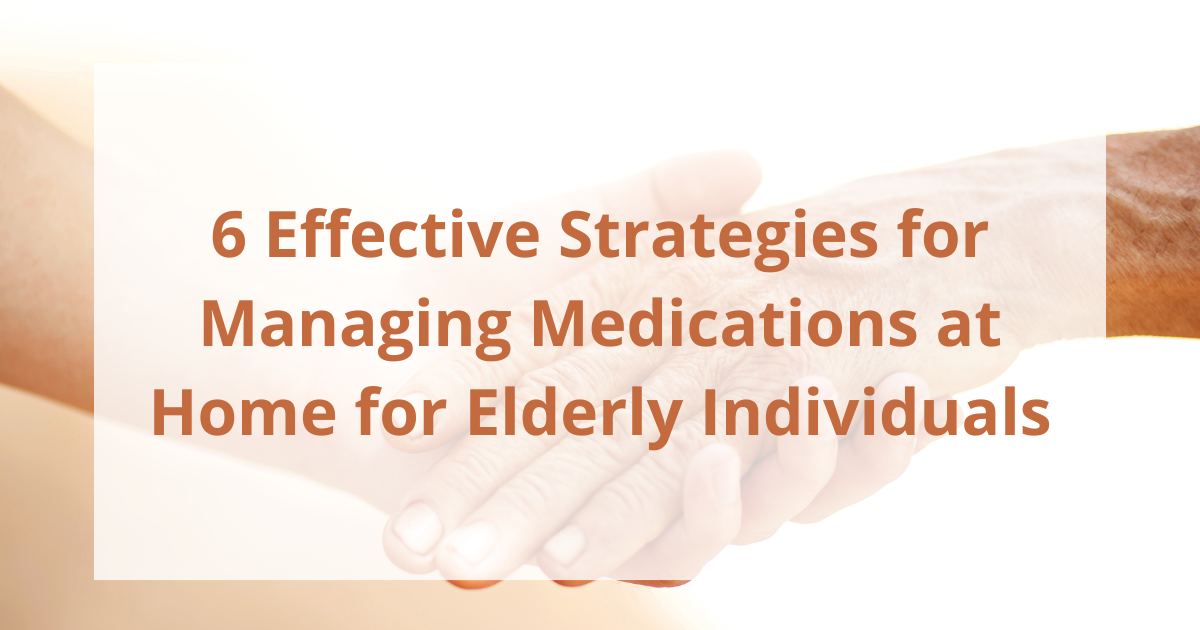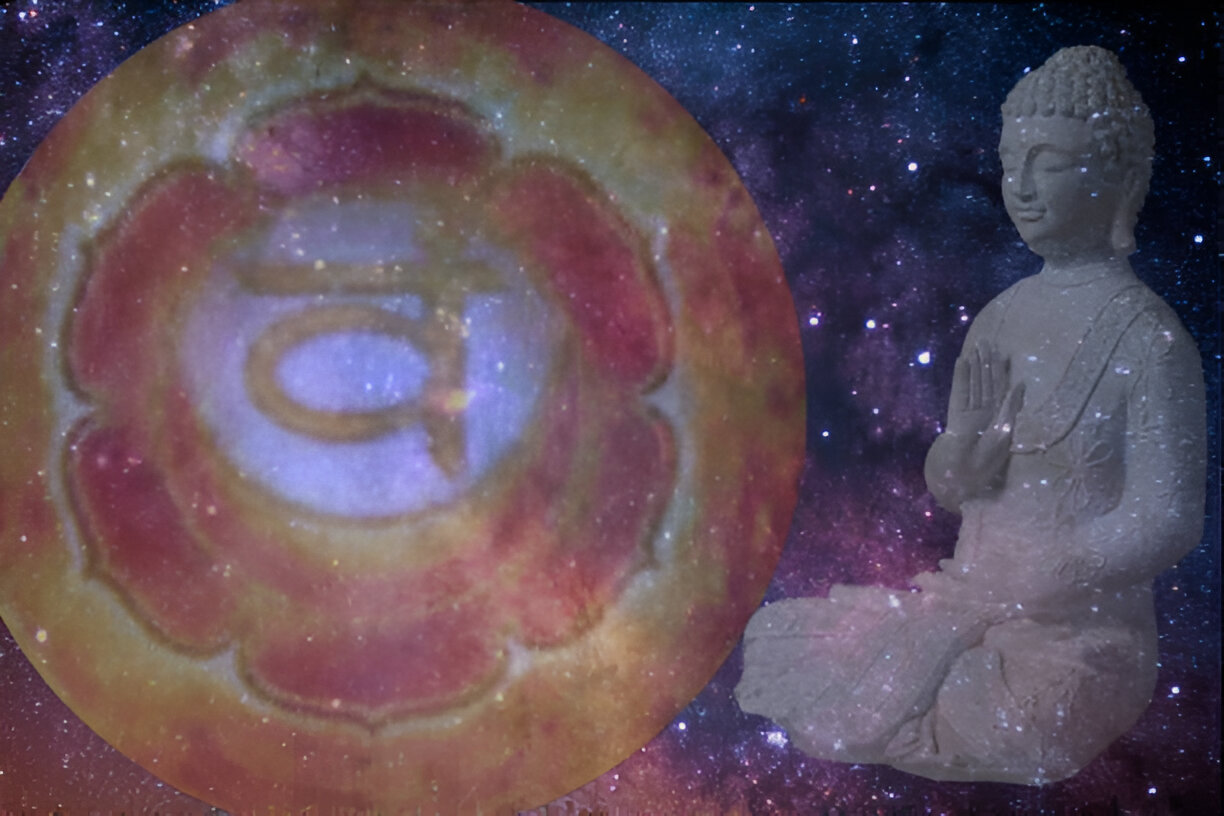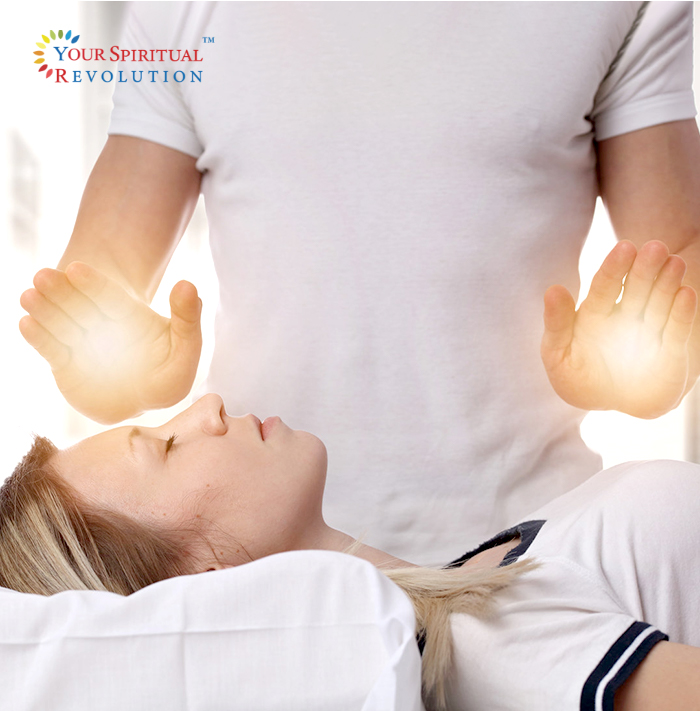

STE (spiritually transformative experience) is an acronym for near-death experiences (NDEs), out-of-body experiences (OBEs), psychedelic experiences, and other unusual phenomena.
NDERF, the Near-Death Research Foundation estimates the prevalence of a near-death experience is approximately 4 – 5% of the population. Their research, which is consistent with that of IANDS (International Association of Near-Death Studies), has found that 10 – 20% of people who are resuscitated after nearly dying, report after-effects.
During the STE there may be a sense of dis-embodiment. The sense of having a physical body, its senses, and any pain associated with it, is gone. People refer to this as their soul leaving or expanding out of their bodies, floating, being detached from the physical plane.
Being lifted or dissolving into oneness, to “all that is” feels connected to pure and divine love. In the case of my grandmother, she was disappointed and depressed to return to the physical realm after her NDE. She felt eternally embraced and loved beyond measure in the “timeless space” she visited. She described spending time with her pre-deceased twin, who eventually told her “Eva, it’s not yet your time. You need to go back.”
There are many reports of having interaction with other beings of light, with communication often described as telepathic. Specific to the NDE, life reviews are common, but not as a judgement or condition to entering the after-life. They felt how the other person felt in the moment of their joint interaction: loved, betrayed, saddened, etc.
The beauty, colours, and unusual senses the experiencer attributes to other realm(s) is so real, so clear, and so amazing, they describe their human existence as dull or fuzzy in comparison. While STErs find it difficult to describe the experience, they are able to describe after-effects.
5 common psychological effects of STEs are:
5 common physiological effects of STEs are:
With experienced, knowledgeable guidance, you will assimilate your after-effects in a way that makes sense to you. This is called integration.
Integration can be defined as: incorporating or assimilating new experiences and learning into your life in an effective way.
The truth about integrating STE’s is that we never stop. We will never come to a place in our lives where we can declare our learning complete. There will always be challenges for teaching and myriad responses for learning. In short, we are always interconnected with wisdom, and we are always exercising choice to embrace it or reject it.
Embrace, share, and expand to find the peace you’ve been searching for. For an in-depth look at the four phases of integration and the tools needed to get there, check out the 4 Phases of Integration blog at www.thewisdomofus.ca or download a free Integration e-book.
For further exploration:
The Wisdom of us: www.thewisdomofus.ca
International Association of Near-Death Studies: www.iands.org
Spiritual Awakening International:
www.spiritualawakeningsinternational.org
Near-Death Research Foundation: www.nderf.org
About the Author
Deborah Conner hosts A.W.E – Awakening Worldview Expansion, a free online drop-in each week on Sunday mornings. She is an Integrative/Transformational Coach, blogger, and researcher, specialising in spiritually transformative experiences. Deborah resides in Nova Scotia, Canada, with her husband Daryl and their dog, Tyche.



































































In the intricate tapestry of human emotions and relationships, love emerges as both a universal

Setting boundaries in relationships is very important for keeping mental health and feeling good. Boundaries

For older adults needing multiple prescriptions for chronic conditions, correct medication management is crucial. Proper

Buddhism is all about a big mix of beliefs and ways of living, including looking

Escape from Tarkov (EFT) is a tactical, first-person shooter game that has captivated the gaming
| Cookie | Duration | Description |
|---|---|---|
| cookielawinfo-checkbox-analytics | 11 months | This cookie is set by GDPR Cookie Consent plugin. The cookie is used to store the user consent for the cookies in the category "Analytics". |
| cookielawinfo-checkbox-functional | 11 months | The cookie is set by GDPR cookie consent to record the user consent for the cookies in the category "Functional". |
| cookielawinfo-checkbox-necessary | 11 months | This cookie is set by GDPR Cookie Consent plugin. The cookies is used to store the user consent for the cookies in the category "Necessary". |
| cookielawinfo-checkbox-others | 11 months | This cookie is set by GDPR Cookie Consent plugin. The cookie is used to store the user consent for the cookies in the category "Other. |
| cookielawinfo-checkbox-performance | 11 months | This cookie is set by GDPR Cookie Consent plugin. The cookie is used to store the user consent for the cookies in the category "Performance". |
| viewed_cookie_policy | 11 months | The cookie is set by the GDPR Cookie Consent plugin and is used to store whether or not user has consented to the use of cookies. It does not store any personal data. |